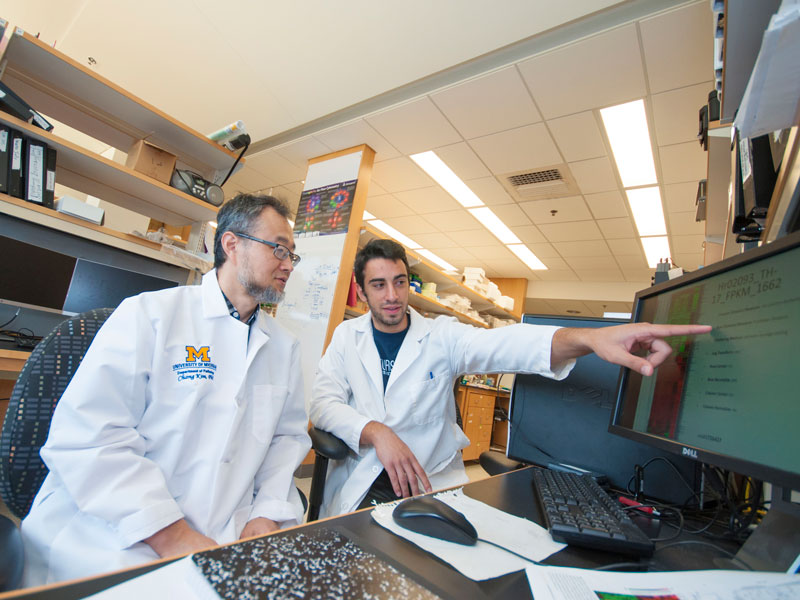What area of food allergy are you currently investigating?
Certain dietary components profoundly affect food allergy development. We study the function of key nutritional factors, such as Vitamin A and dietary fiber metabolites, in regulating not only food allergy responses but also mucosal immune responses as a whole.
Why are you passionate about this area of research?
The impacts of these factors in regulating immune responses in patients are huge but complex. There is a lot to learn about them.
Why is this area of research important to the field of food allergy?
We now have enough evidence to say comfortably that many nutritional factors directly regulate the differentiation and activity of immune cells. Our next task is to study if these factors also affect the immune cells that regulate food allergy development.

